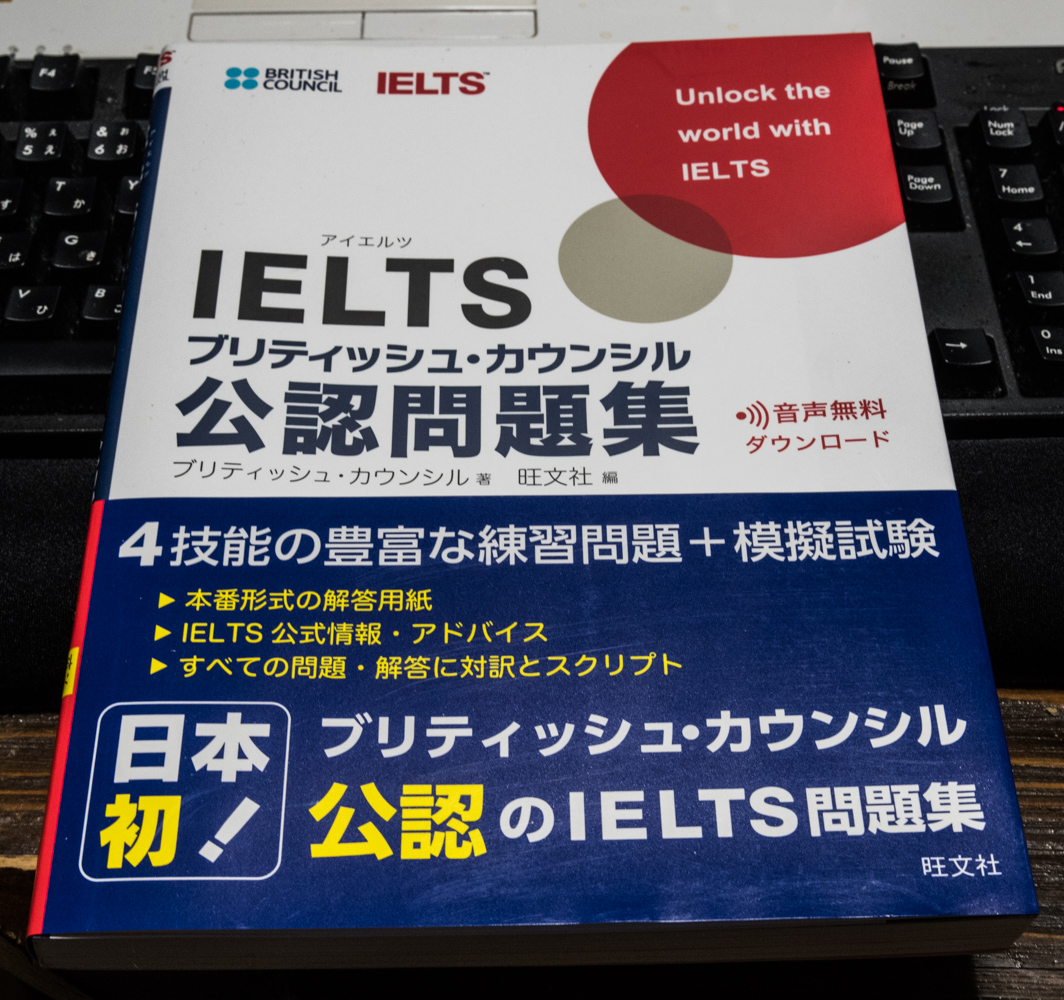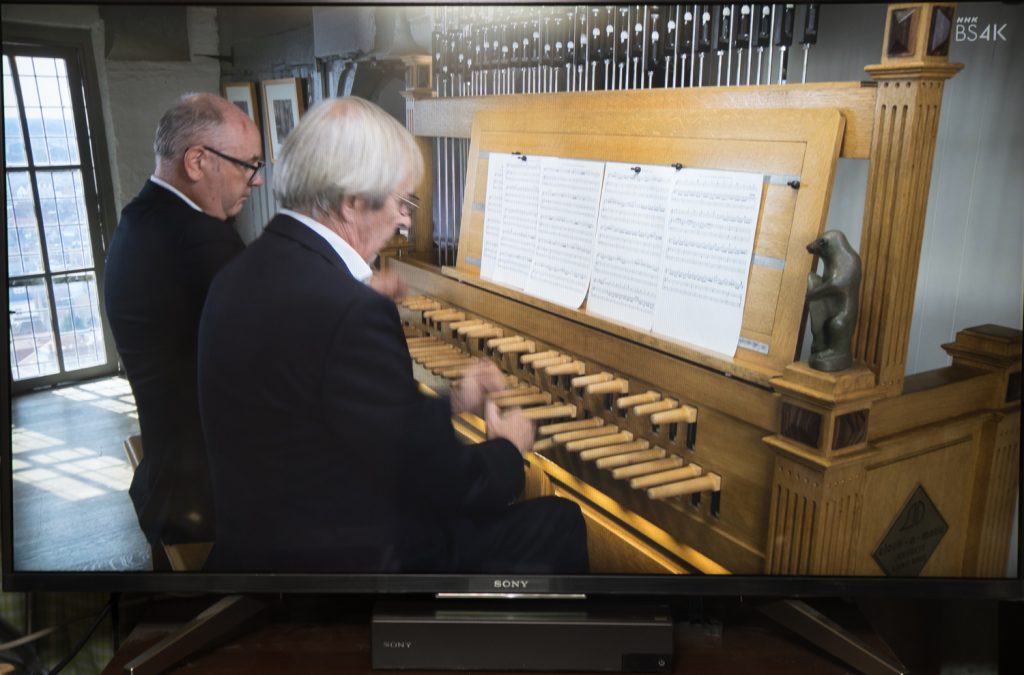The following essay is what I wrote as an assignment of English writing course at an English school AEON:
Topic: How do you feel about legalized gambling?
Style: Formal
Gambling in general is illegal in Japan as stated in the article 185 of the Japanese penal law. There are, however, so many special laws that define some types of special gambling as legal. Among them, there are keiba (horse race), keirin (bicycle race), kyoutei (boat race), auto-race (motorbike race), and some lotteries such as takara-kuji or TOTO. In addition to those, a popular type of gambling called pachinko and pachi-slot still exists. By playing pachinko or pachi-slot, you can get money. Although there have been a lot of controversies whether pachinko and pachi-slot are legal or not, they are allegedly legal recently.
What is most surprising is the amount of sales for each type of legal gambling. Among all leisure industries in Japan, pachinko and pachi-slot occupy 30.5% of money spent, namely 21,626 Billion JPY ($197 Billion) in 2017. The sales of all other legal gambling was around 4 Trillion JPY ($36 Billion) in 2015. Although other gambling sales are just 20% of those of pachinko and pachi-slot, the incomes are crucial for many local governments in Japan. While there are a lot of negative things about gambling, legal gambling is practically a necessary evil in Japan.
If we play devil’s advocate, there might be some positive factors in gambling. In gambling, we can learn how our fortune goes or flows in relation with your counterparts. If we can gamble just when we are lucky and can stop it when we are not, it will bring big success. Do not forget the Cicero’s words: “Non solum fortuna ipsa est caeca sed etiam eos caecos facit quos semper adjuvat.” (Not only the goddess of fortune is blind, but she makes him also blind whom she always helps).
Now that the Japanese government is trying to install casinos around Japan, this topic is quite viral and controversial. We can see not only people in serious gambling addiction, but also Japan itself relies too much on income from gambling. For what is Japan profited, if it shall gain the whole world, and lose its own soul?


